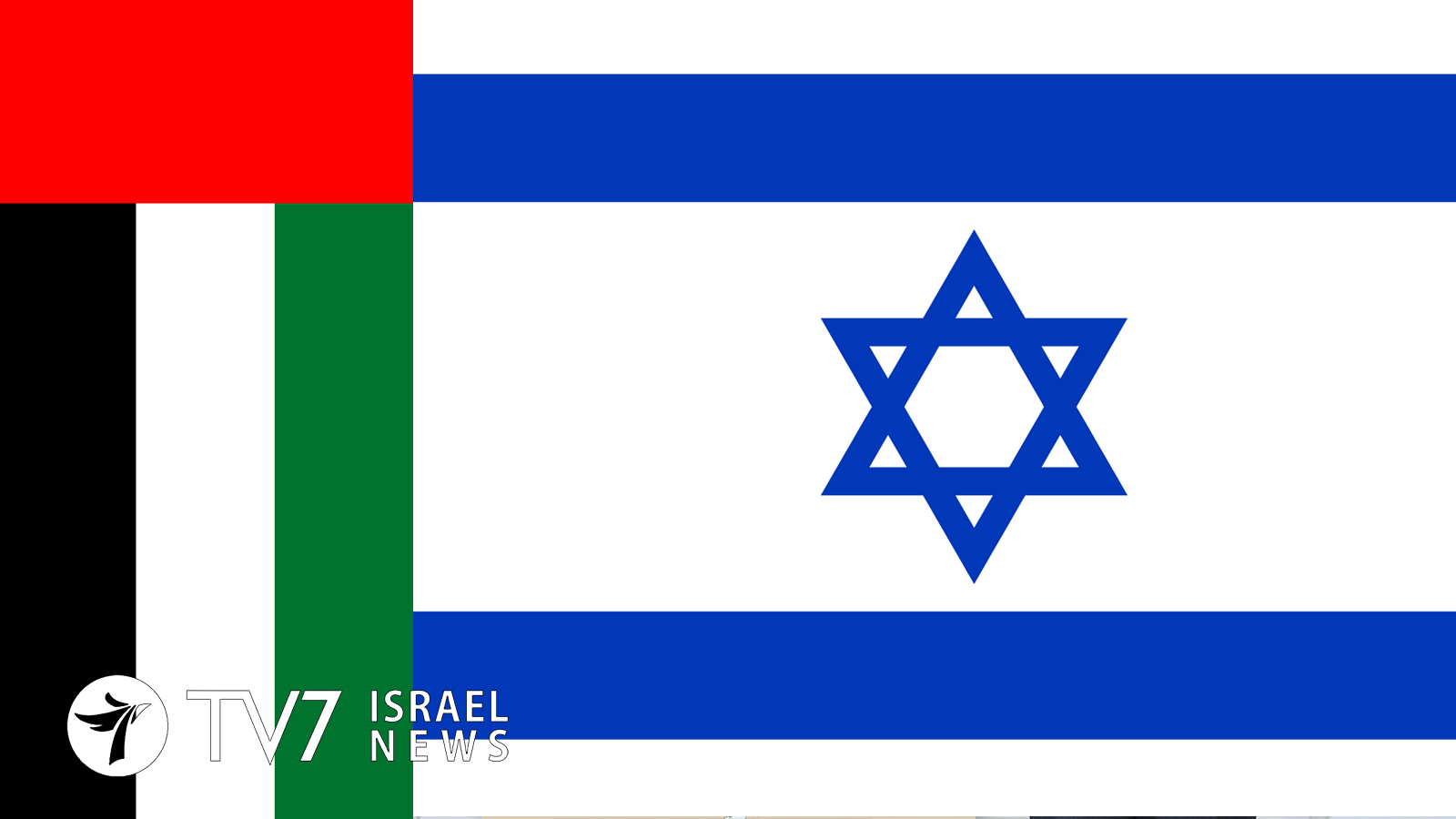The United Arab Emirates Minister of State for Foreign Affairs Anwar Gargash highlighted his country’s ambition to bolster relations with the State of Israel.
In a televised interview as part of the annual American Jewish Committee Global Forum, the UAE’s top diplomat stressed the need to separate between the political disagreements between the Arab world and Israel, and the necessity to cooperate on other domains that are vital for regional stability. He said that the “reality” is that “major countries” which whom Israel maintains “normal diplomatic relations” include Turkey and Jordan while “other Arab countries such as Qatar and others that have sort of lead the way on having more normal relation with Israel,” concluding it is “fundamentally” possible to have “a political disagreement with Israel but at the same time try and bridge other areas of the relationship.”
Minister Gargash also underlined that his nation is part and parcel of the Arab consensus” in support of a Two State solution for the Israeli-Palestinian conflict and “clearly against any annexation as being proposed by the current Israeli government,” but stressed that “many years” of Arab political disagreement failed to “lead to what we would want in terms of bringing stability to the region.”
After describing such a rapproachement with Israel as “an important step,” the Emerati envoy said it was important to note that “the UAE is not trail blazing. There are other countries in the Gulf, there are other countries in the Arab world, there are other countries in the Middle East that have done this” even though his nation “is more global so clearly more important in many aspects in any relationship.”
“And I think, you know, we can come to a point where we come to given Israeli government, and you know Israeli politics is very complicated with a whole variety of opinions on where to move to the future. And we say we disagree with you on this, we don’t think it’s a good idea. But, at the same time, there are areas such as COVID, technology and other things that we can actually work together,” he added.
When asked involvement of the United States in the region, the UAE top diplomat emphasized that while it is “important” to keep “America engaged,” that “does not mean that we want America to fight our wars. It doesn’t mean that we want America to be involved in different altercations, and so and so forth.” While others often see only the “political and military side of America,” Gargash said that in his view “American engagement here is way above that – more important than that. It is soft power, it is investment, it is trade. And, at the same time, it is a deterrent presence, the idea that an American presence is in itself helpful in terms of keeping the region stable etc. in keeping the sea lanes open, in keeping the energy flowing and so and so forth.”
In response to whether the UAE still assesses the 2015 international nuclear accord with Iran as ‘disastrous’, Dr. Gargash responded affirmatively saying that it should have covered missing elements such as ballistic missile developments and regional politics.
He concluded by saying, “The incentive for Iran is to join in an area of stability and an area of prosperity. Is this realistic? I say, right now is very difficult, and it does need a process. But really, looking back over thirty years of very difficult relations, do we really want to continue the same path?”
For the entire interview with the UAE Minister of State for Foreign Affairs please visit the website of the American Jewish Committee at AJC.org/GlobalForum
